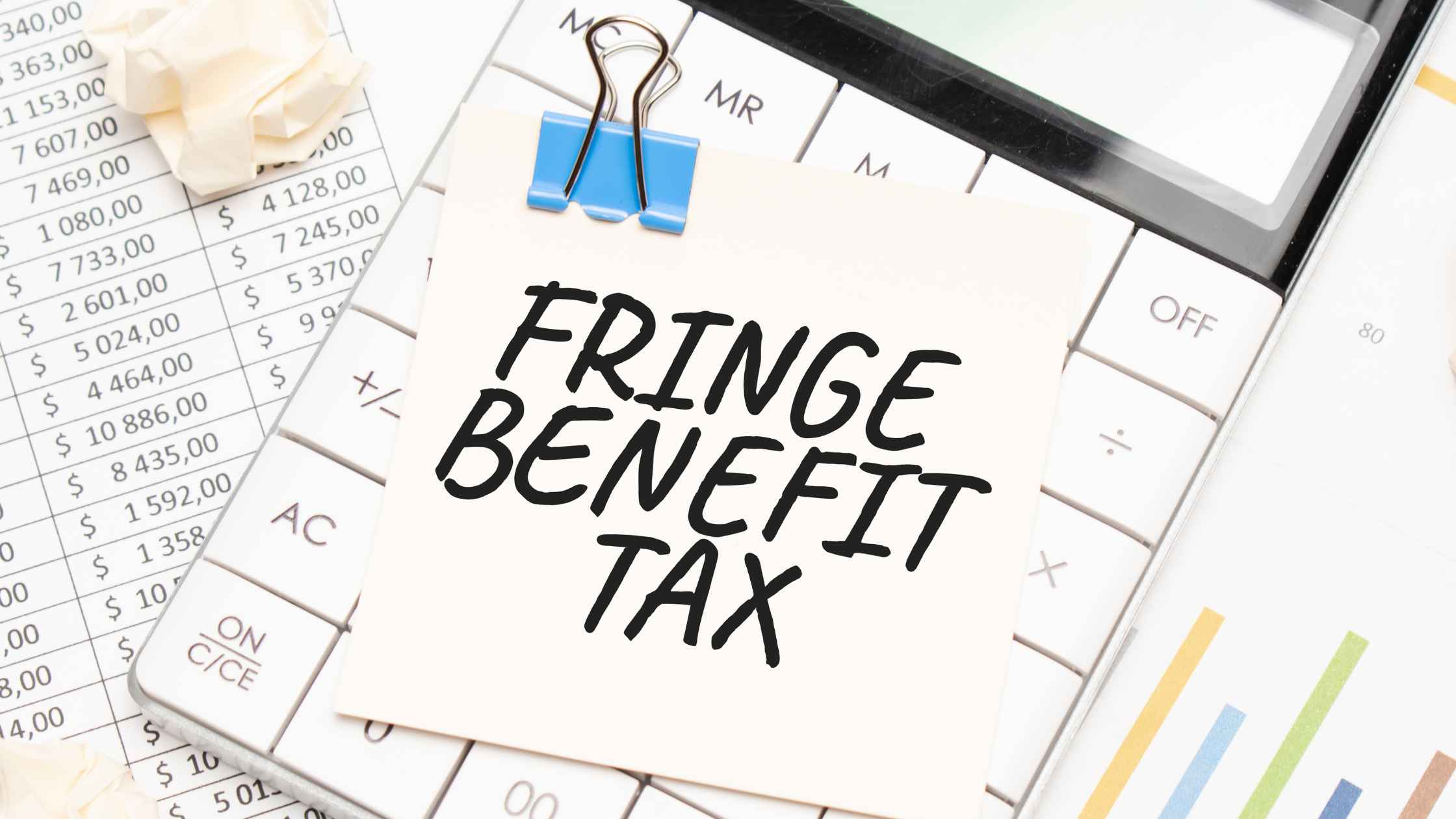GFM March 2025 Newsletter
19 March 2025

Welcome to the 2nd edition of the GFM newsletter for 2025
Since our last newsletter, the accounting world has experienced notable shifts including an interest rate reduction, Trump Tariffs and the impact this is having on superannuation account balances and the impact of AI, which continues to reshape the landscape.
Stay informed on these changes to ensure your financial strategies remain compliant and efficient. We’ll continue to monitor these updates and share relevant insights to help guide your business decisions moving forward.
On a lighter note, the AFL footy is back and it looks like Winter is approaching after a beautiful summer
Remember, even in the world of numbers, it’s important to keep things balanced—both on the balance sheet and in life! Keep smiling, and don’t let the debits and credits get you down
Regards
Darren, Brent and the Team at GFM

Interest rates dropped, has your bank passed on the reduction?
As you may be aware, interest rates have recently dropped, and we’d like to ensure our clients are making the most of these changes.
Has your bank passed on the rate reduction to your current loan? If not, you might be paying more than you need to. We’d be happy to discuss or assist you in obtaining a rate review or help you explore refinance options to help you save.
At GFM Accountants, we are committed to finding the best financial solutions for our clients.
Please reach out if you’d like to discuss this further. We’re here to help!

FBT 2025: What you need to know
Please have a record of your odometer reading from 1st April 2024 to 31st March 2025 as well as details of any expenses incurred between 1st April 2024 and 31st March 2025 if you have a valid logbook.
Please provide this information to our office in April 2025 to ensure the 25th June 2025 deadline is met.
FBT exemption phase-out for plug in hybrids (PHEVs) effective from 1 April 2025
From 1 April 2025, plug-in hybrid electric vehicles will no longer qualify for the FBT exemption unless:
- The use of the vehicle was exempt before 1 April 2025, and
- There is a financially binding commitment to continue providing private use of the vehicle on and after 1 April 2025.
If there is a break or change to that commitment on or after 1 April 2025 then the exemption normally won’t be available any more.
Providing equipment to work from home
Many businesses continue to offer flexible work from home arrangements. employees are often provided with work-related items to assist them to work from home. In general, where work related items are provided to employees and used primarily for work, FBT shouldn’t apply.
If the employee is using equipment provided by the business for their own private use, normally FBT would apply to the private use. However, the FBT liability can be reduced based on the business use percentage.
Does FBT apply to contractors?
The FBT rules tend to apply when benefits are provided to employees and certain office holders, such as directors. FBT should not apply when benefits are provided to genuine independent contractors but, you need to be sure that your contractors are in fact contractors.

Super Health Check
Some simple steps to a super health check.
1. Check your balance
How much super you might need depends on the lifestyle you want when you retire. The more you want to do, the more savings you’ll need.
- Get your super on track
You can add to your super on top of the contributions from your employer. Here are 3 ways to help grow your super.
- Look for lost super
- Salary Sacrifice to super
- Make voluntary after-tax contributions
- Protect yourself and your loved ones with insurance that suits your needs
Take the time to ensure you have a valid death beneficiary nomination in place with your super fund as this isn’t covered by your will.
- Check your cover
- Choose who gets your super when you die by nominating your beneficiaries
Further information can be found here or by contacting our office on 03 9374 2422.

Changing main residences
The Main Residence Exemption relieves taxpayers from the requirement to report the Sale of their Main Residence for Capital Gains in their Tax Return and be Taxed on the profits.
In selling your Main Residence, majority of the time this will not trigger a Capital Gains event. However, there are situations where a sale of your Main Residence may trigger a Capital Gains event, such as examples below;
- Sale of your Property that is over 2 Hectares
- The property was rented out in the time the property was owned by you
If you are looking to sell your Main Residence or any other property you own, have a chat to us and we can assist in providing guidance on if you trigger a Capital Gains event and if so assist in calculating the potential Capital Gain.
There is a main residence overlap period of up to 6 months if a taxpayer acquires an interest in a new dwelling intending that to become his or her main residence and has not yet disposed of his or her existing main residence.
Both dwellings can be treated as the main residence for the shorter of:
- 6 months ending when the interest in the existing main residence ends; or
- The actual period between the acquisition of the new residence and the disposal of the existing residence.
The overlap is only available if:
- The existing residence was the main residence of the taxpayer for a continuous period of at least 3 months in the last 12 months before it was disposed of.
- The existing residence was not used to produce assessable income in any part of that 12-month period when it was not the taxpayer’s main residence.
If it takes longer than 6 months to sell the existing residence, both dwellings are only exempt for the last 6 months before the taxpayer disposes of the existing residence.

ATO new focus areas for small business
ATO Deputy Commissioner, highlights the newest focus areas to help you get it right in 2025
Areas of concern to ATO right now are:
- contractors omitting income – with a focus on data matching to ensure all income is reported.
- quarterly to monthly BAS reporting for GST purposes – to build good business habits and help improve cashflow management.
- small business boost measures – encouraging self-amendment to correct errors and omissions.
ATO will also continue our focus on non-commercial business losses, small business capital gains tax (CGT) concessions, business income is not personal income and GST registration and income of taxi, limousine and ride-sourcing services.
Small business is serious business and by sharing these concerns with you early we want to help you set up good habits to get it right and stay on track.
For more information you can read all about ATO’s latest focus areas for small business.

Key Dates
- Lodge and Pay February 2025 Monthly BAS/IAS – 21st March 2025
- Record Vehicle Odometer Readings for FBT – 31st March 2025
- Lodge and Pay March 2025 Payroll Tax – 07th April 2025
- Lodge and Pay March 2025 Quarterly BAS – 21st April 2025
- Lodge and Pay March 2025 quarter Superannuation Guarantee Charge Statement – 28th April 2025

